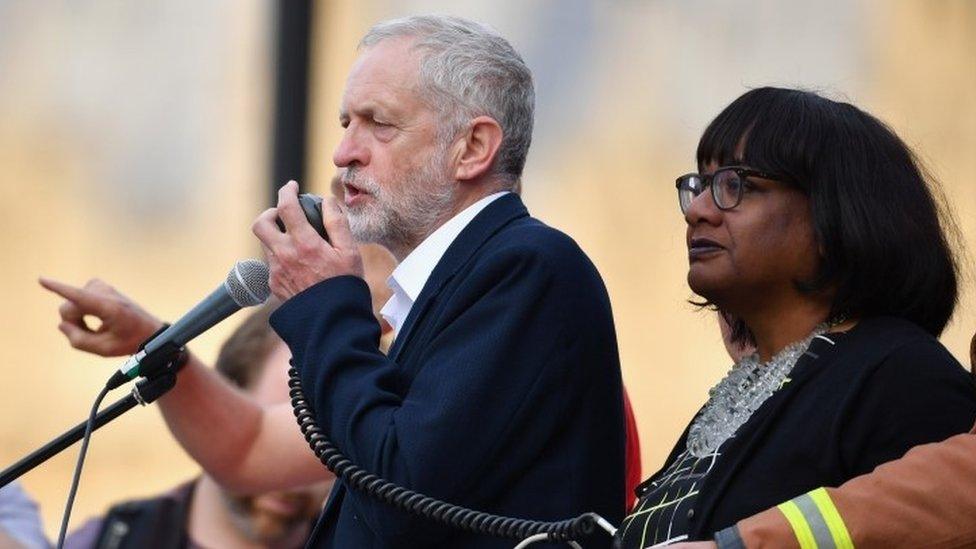What happens next for the Conservatives and Labour?
- Published
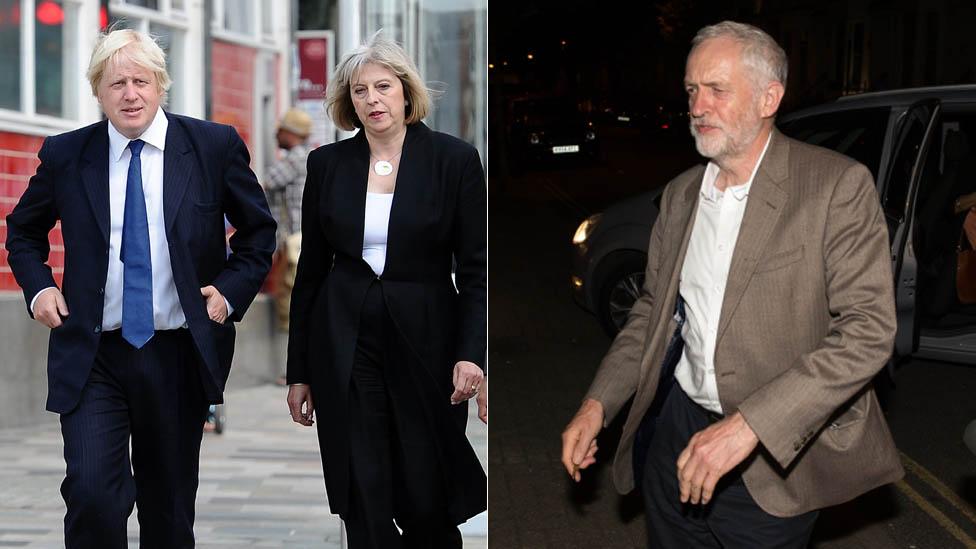
What a strange day. It's not even a week since the referendum, yet it feels like everything has changed.
We're on the way to Brussels, where David Cameron is at the concrete behemoth that is the European Council building, for the latest in the dozens of summits with his EU counterparts that he has attended.
This time, he knows, and they know, it's one of his last.
He'll have the humiliating experience of having to report back to the leaders he irritated by pushing for a new EU deal.
But again, he knows, and they know, the really important bit, what happens next, isn't in his gift.
It is, as the chancellor explained to the BBC this morning, the job of the next prime minister to set out their plans for our relationship with the rest of the EU in future, however alarming that may sound to many members of the public, whichever way they voted, who are asking: 'What happens next?'
For the Tories then, what does happen next?
By Thursday lunchtime we'll know the candidates who want to be the next leader.
Health Secretary Jeremy Hunt is interested in the job. So, too, Stephen Crabb, who is in charge at the Department for Work and Pensions.
But the two favourites who will almost (important to say almost!) inevitably be the two names on the ballot paper - that then goes to the party's members - are Theresa May and Boris Johnson.
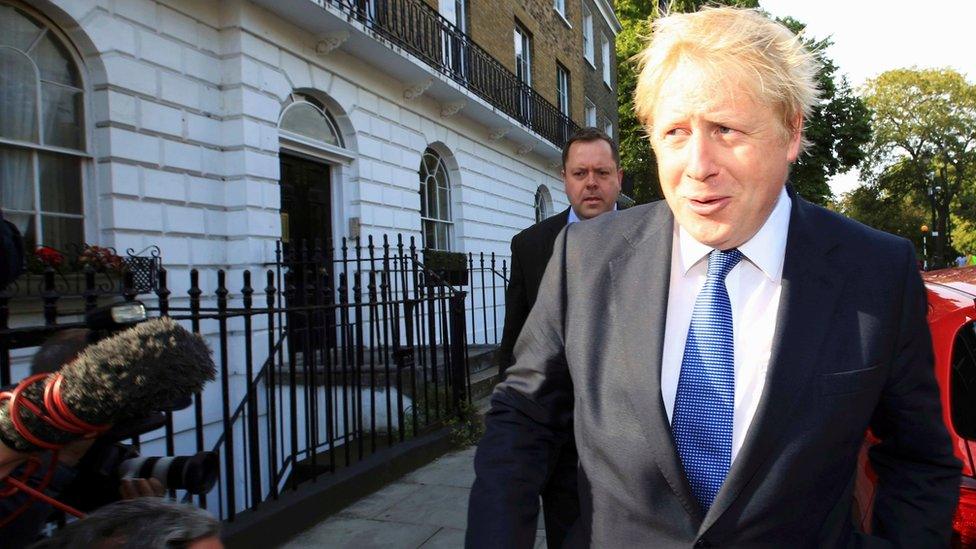
Boris Johnson is one of the favourites to become the next Conservative leader
Their characters could hardly be more different - quiet authority, versus cartoonish appeal.
Tory members whoop and cheer when Boris takes the platform - and he is the favourite.
But they also applaud with respect when the home secretary speaks.
As in her interview with the BBC in the closing days of the campaign, Mrs May walked a very careful line in the referendum campaign.
Yes, she argued for Remain, but with pretty hefty caveats.
MPs have complained that government whips are trying to influence the race in her favour, the suspicion that allies of the chancellor and the prime minister are determined to stop Boris Johnson at any cost.
Like any leadership race, loyalties will be tested, and metaphorically bought and sold.
Michael Gove is on board with Boris Johnson's bid, but don't be surprised if tensions between those two leading Brexiteers boil up, too.
Labour contest
And just as the prime minister arrives in Brussels, Labour MPs were lining up to express their lack of confidence in their leader, Jeremy Corbyn.
After an utterly astonishing 48 hours when more than 40 of his front bench have deserted him, the parliamentary party will essentially today trigger a leadership contest.
It is clear to senior figures that Jeremy Corbyn's team's continued insistence that he will not go is genuine, so the rebels feel their only option is to call for a contest.
They won't remotely struggle to get the numbers required.
And it's increasingly clear that they believe the best chance of beating Mr Corbyn is to unite around one candidate.
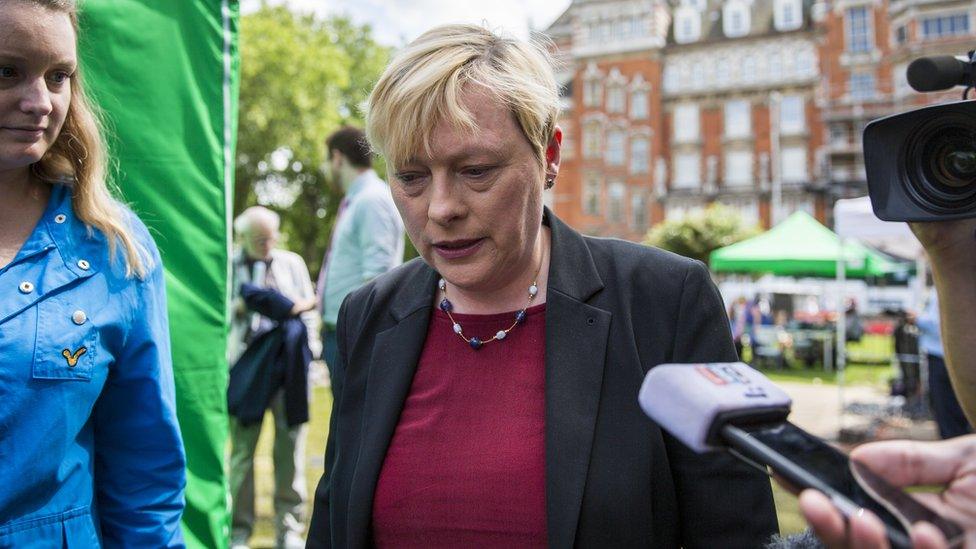
Former shadow business secretary Angela Eagle is increasingly seen as a leader the party could rally around
The name that I'm hearing more and more as a politician who MPs, the unions, and the members could rally round is Angela Eagle, the former shadow business secretary who resigned with tears in her eyes on 27 June.
Tom Watson, the deputy leader has also been mentioned, and he has his own mandate from the members.
Others still talk about Dan Jarvis as a possible replacement.
But a senior figure involved in these most sensitive of discussions told me this morning the view that Ms Eagle was the woman for the moment who could stop the rot in the party and prepare for an election is becoming the consensus.
But with so much in flux in Westminster, that might change in moments, too.
One senior party figure who has had conversations with Mr Corbyn himself in the 24 hours told me that he knows "it's broken", but that he is surrounded with a team whose ambitions are resolute, and invested in him staying on.
They still believe he can count on enough support from the membership to keep him in post.
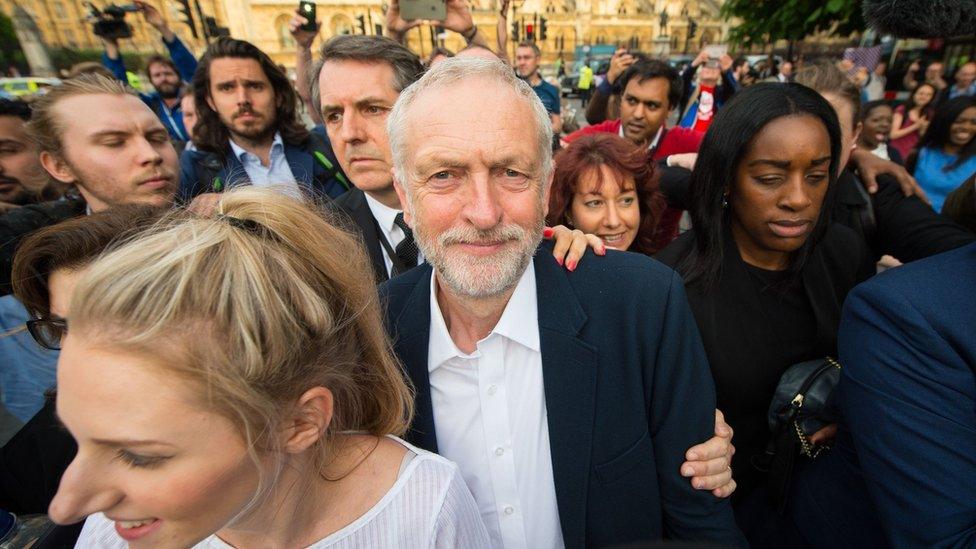
Jeremy Corbyn's team still believe he can count on enough support from the membership to keep him in post
But as this slow-motion coup continues, that might not be the case for long.
Nearly every Labour MP now says that many of their local activists are getting in touch to say he's got to go.
We know today the prime minister won't get far with his European counterparts in terms of spelling out the country's future.
He's been clear, in total contradiction of his campaign promises, that he won't push the button on the formal process of us leaving the EU.
But while we wait for clues about how the country will proceed, both of our big political parties will be in fierce leadership contests by the end of the week.
It's an odd time, when the identity of the next prime minister and leader of the opposition are not the biggest questions that our politicians face.
- Published28 June 2016
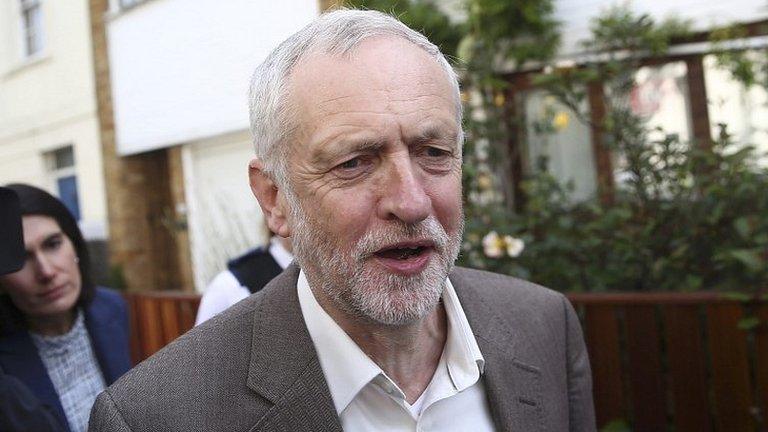
- Published28 June 2016
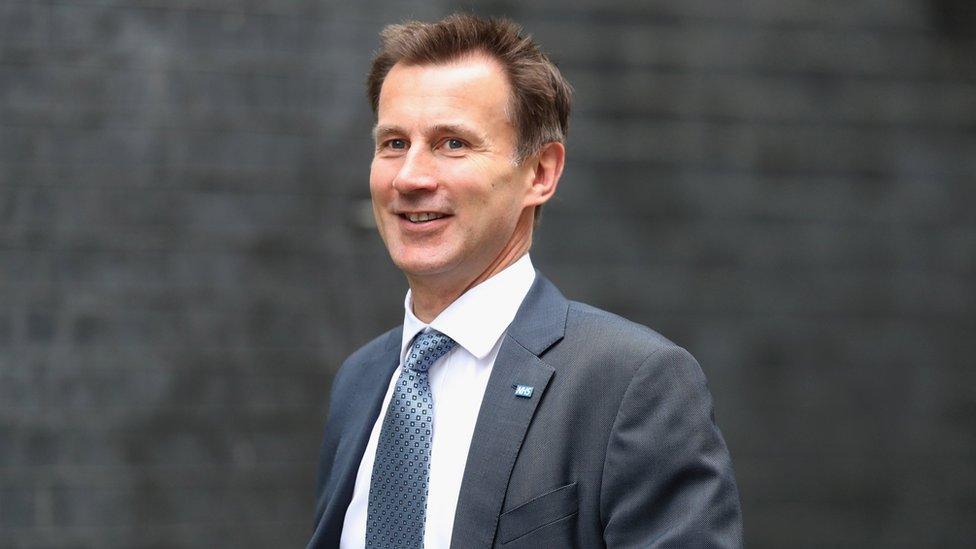
- Published28 June 2016
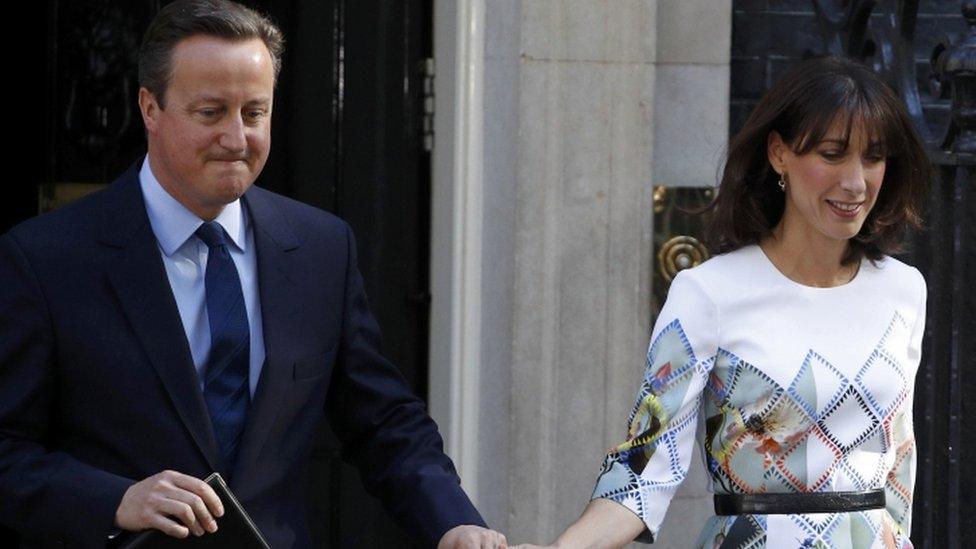
- Published28 June 2016
